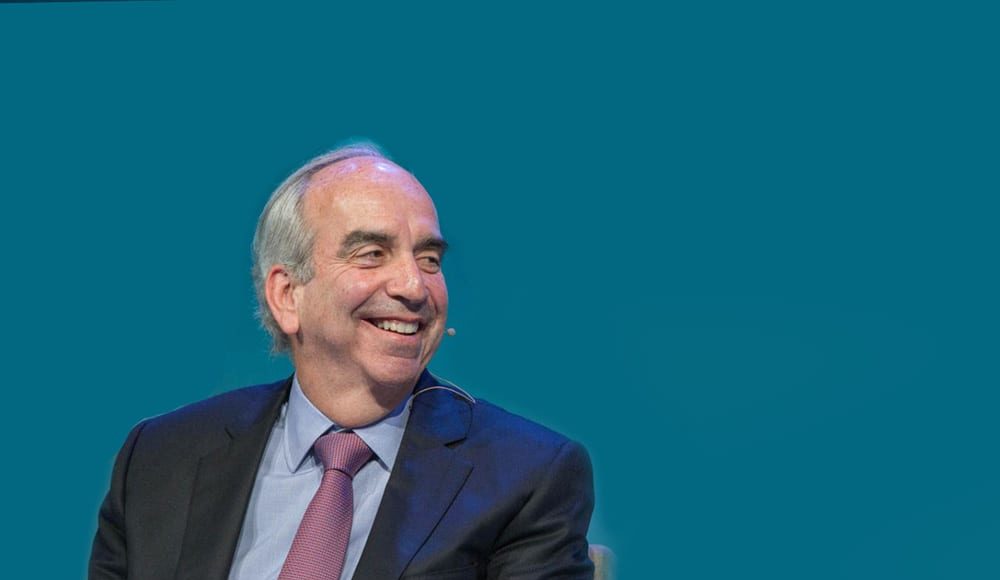John Hess will now be able to sit on Chevron’s Board of Directors after the U.S. Federal Trade Commission (FTC) lifted its ban, just one day before the merger deal with Hess finally closed.
The FTC had concerns about Hess’s communications with OPEC officials. To address it, Hess was set to serve as an advisor on government relations and social investments in Guyana, along with supporting the Salk Institute’s Harnessing Plants Initiative.
But now, the Board position awaits, subject to approvals.
The long-overdue merger between Hess and Chevron closed on July 18. And officials from both companies couldn’t be happier.
“This merger of two great American companies brings together the best in the industry,” Chevron Chairman and Chief Executive Officer Mike Wirth said in a company statement. “The combination enhances and extends our growth profile well into the next decade, which we believe will drive greater long-term value to shareholders. Additionally, I’m pleased with the FTC’s unanimous decision. John is a respected industry leader, and our Board would benefit from his experience, relationships and expertise.”
John Hess stated that the “strategic combination of Chevron and Hess creates a premier energy company positioned for the future.”
Chevron said it now owns a 30% position in Guyana’s Stabroek Block, which has more than 11 billion barrels of oil equivalent discovered recoverable resource; 463 thousand net acres of high-quality inventory in the Bakken; complementary assets in the Gulf of America with 31 thousand barrels of oil equivalent per day; and natural gas assets in Southeast Asia with 57 thousand barrels of oil equivalent per day.
Though ExxonMobil disagrees with the decision, in a statement issued Friday morning, it welcomed Chevron to the Guyana venture, stating that it looks forward to continued value creation.
“We disagree with the ICC (International Chamber of Commerce) panel’s interpretation but respect the arbitration and dispute resolution process. As we’ve said before, ExxonMobil and CNOOC are aligned that we had a duty to ensure contract terms are always adhered to and not set a bad precedent for ourselves and industry,” the company said.



